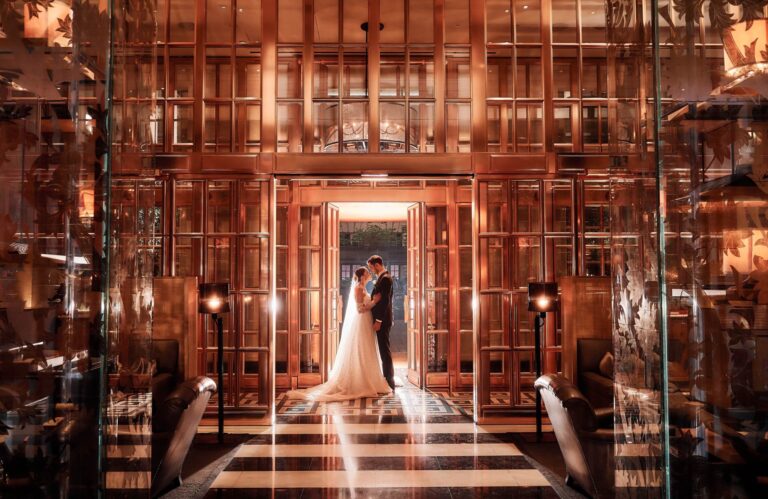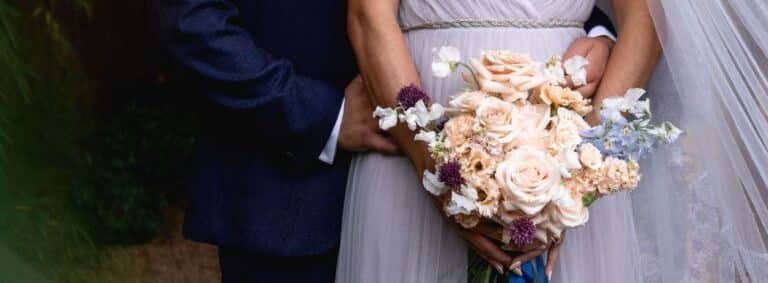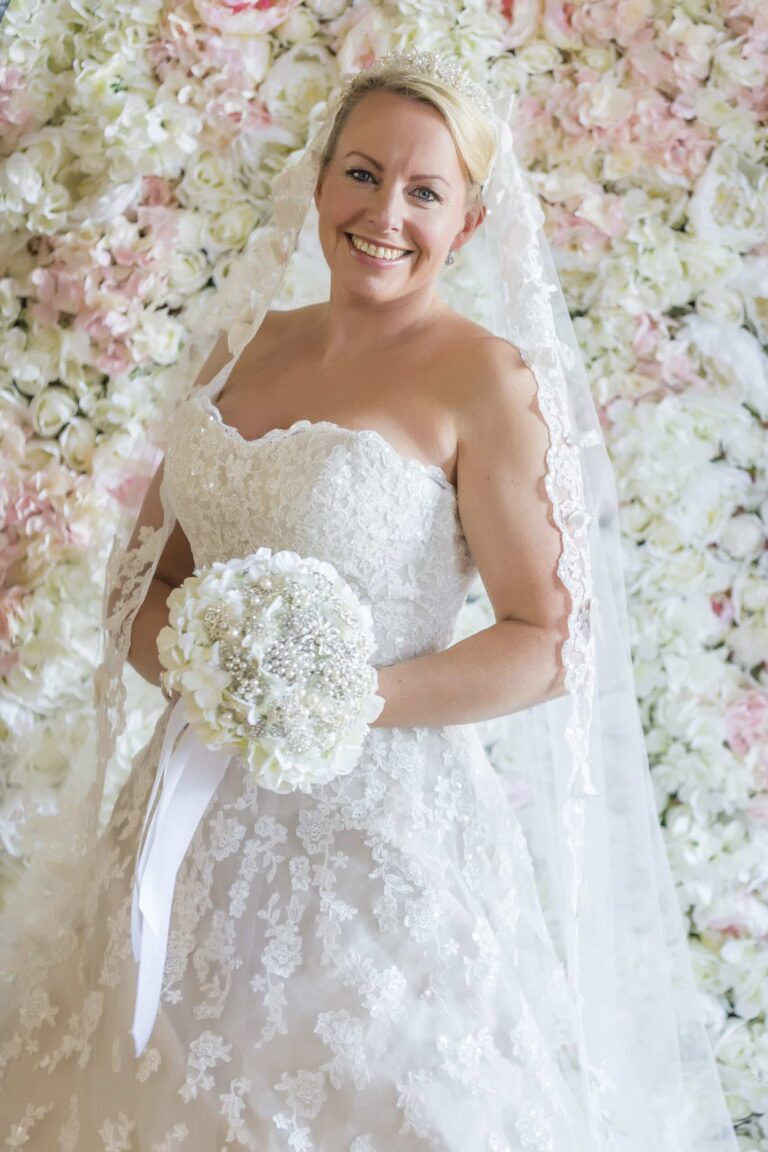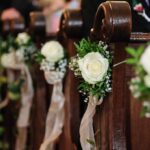Planning for Guests with Hearing Loss
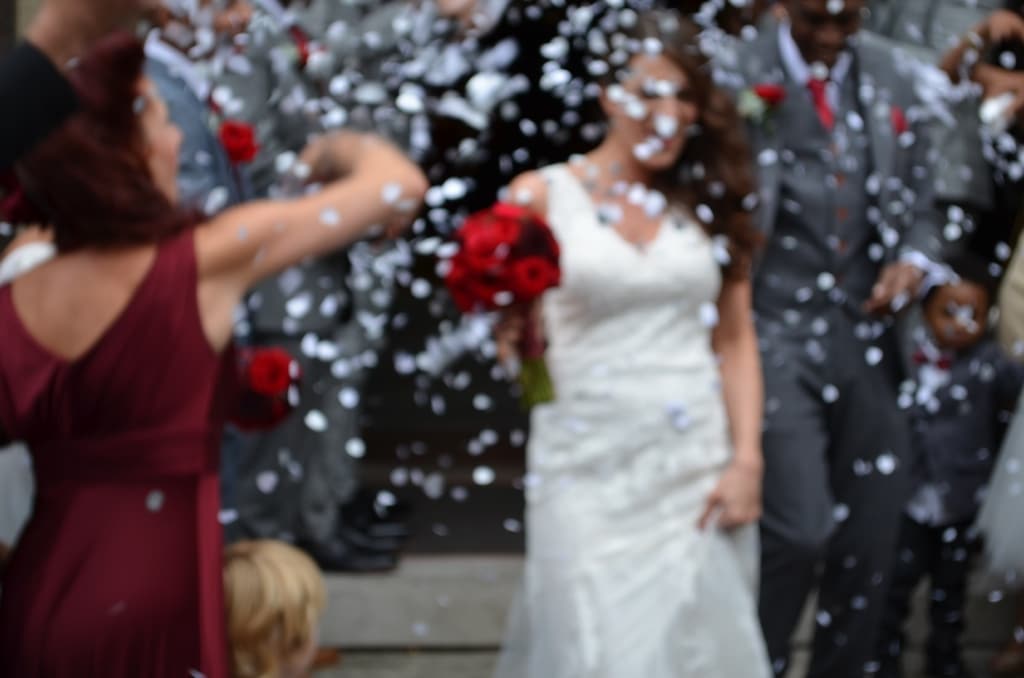
Planning for Wedding Guests With Hearing Loss
There’s an awful lot of things to think about when you’re planning a wedding. Should you have guests with hearing loss, then planning for them is a priority. You want them to feel included in your celebrations.
Your planning will take in the obvious elements – rings, venue, dress, flowers, music and more. Then there’s the stuff specific to your guests: particular dietary requirements and physical accessibility needs. But you might not have considered that the latter of those extends beyond ramps, handrails, lifts and toilets.
Hear, Hear!
According to Action on Hearing Loss one in six of the population have some form of hearing loss. Which means there’s a good chance that, for at least one member of your wedding party, it’ll be less a case of ‘Hear, hear’ and more one of ‘what, what?’ Someone doesn’t have to be profoundly deaf to struggle to hear the vows and the speeches.
Or of course it might be that one half of the wedding couple has hearing problems.
So, what can be done to make sure that your ceremony is inclusive for all?
Here’s five top tips to make sure guests or wedding party members with hearing problems get to hear you say your vows and take a full part in the ensuing reception.
1. Ask Them What Their Needs Are.
Find Out If They:
- Use a hearing aid
- Require a loop system
- Have a personal FM system
- Can lip read
- Can sign. Do they know BSL? If so, a BSL interpreter can be arranged.
- Know anyone else in the wedding party well? Seat the person with their friends and family so they’re included in the conversation.
There’s more information about these points on the Hearing Like Me website in this article: Accommodating deaf or hard of hearing guests at your wedding.
2. See What the Wedding Venue Offers
It’s possible to be married now in all sorts of places. Trains, planes and automobiles and pretty much anything you can think of. But if one half of the couple, or a guest has hearing difficulties you might want to consider these factors:
- Dos the venue have a public address (PA) system?
- Does it have a hearing loop?
- What are the acoustics like?
- What is the lighting like? Lighting needs to be adequate for a lip reader for example.
3. The Photos
- Set up a ‘buddy’ system – someone who’ll make sure that the guest doesn’t miss a cue to pose for a photograph. Being made to feel included in the wedding proceedings is so important.
- Give written instructions for the same reason.
4. The Reception
Whatever form your reception takes there’ll be background noise. And that has great potential to make communication difficult and enjoyment marred for someone with loss of hearing.
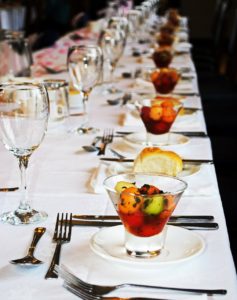
- Get the seating plan right for them – see above.
- Get extra lighting for lip readers.
- So nobody misses a good joke in the speeches, make sure there’s a mike and a PA system.
- Place your guest in a location with good visibility
5. Accommodation
If your guest with hearing loss is staying at the wedding venue you’ll not want to worry about them missing an emergency alert.
You can check that it’s deaf-friendly. The UK has a legal requirement on hotels and venues to provide an evacuation plan for people with disabilities.
The Hearing Loss Friendly website “http://www.hearinglossfriendly.com/” has information on venues suitable for people with hearing loss. And this blog from Offbeat Bride, ‘Waving the white napkin and 7 other things you see at Deaf weddings, has some great tips too.
Supporting Deaf Couples and Guests in Church
Did you know that British Sign Language (BSL), the language of the deaf and their families, is classified as Britain’s fourth indigenous language?
Many deaf people that use BSL use a specialist minister to conduct their marriage in BSL. But what if you’re deaf and you want to get married in your own parish church or somewhere where you’ve got strong connections?
In that situation, you can use a BSL interpreter. It doesn’t need explaining that it’s vital that the deaf person understand the minister. And vice versa.
If you use an interpreter you need to consider where they’re positioned. If both bride and groom and some congregation members are deaf then having two interpreters makes sense.
There is a cost involved to all of this of course. This article from the Church Support Hub has more information.
An interpreter will not just turn up on the day and start telling you what is happening. There is a lot of preparation to be done before hand. Learning the ceremonial wordings that are going to be used, the hymns and the speeches, knowing the order the ceremony will take also has to be learnt. This brings a new dimension to the wedding planning.
To find an interpreter who can help you guests with hearing loss in or near your area with the site NRCPD . You can filter your search by your post code and type of interpreter you would like to find.
Do you have any more tips for planning a deaf-friendly wedding? Let us know and we’ll pass it on. You can find us on Instagram, Facebook Or Pinterest, drop us an email at: hello@fabulousfunctionsuk.com
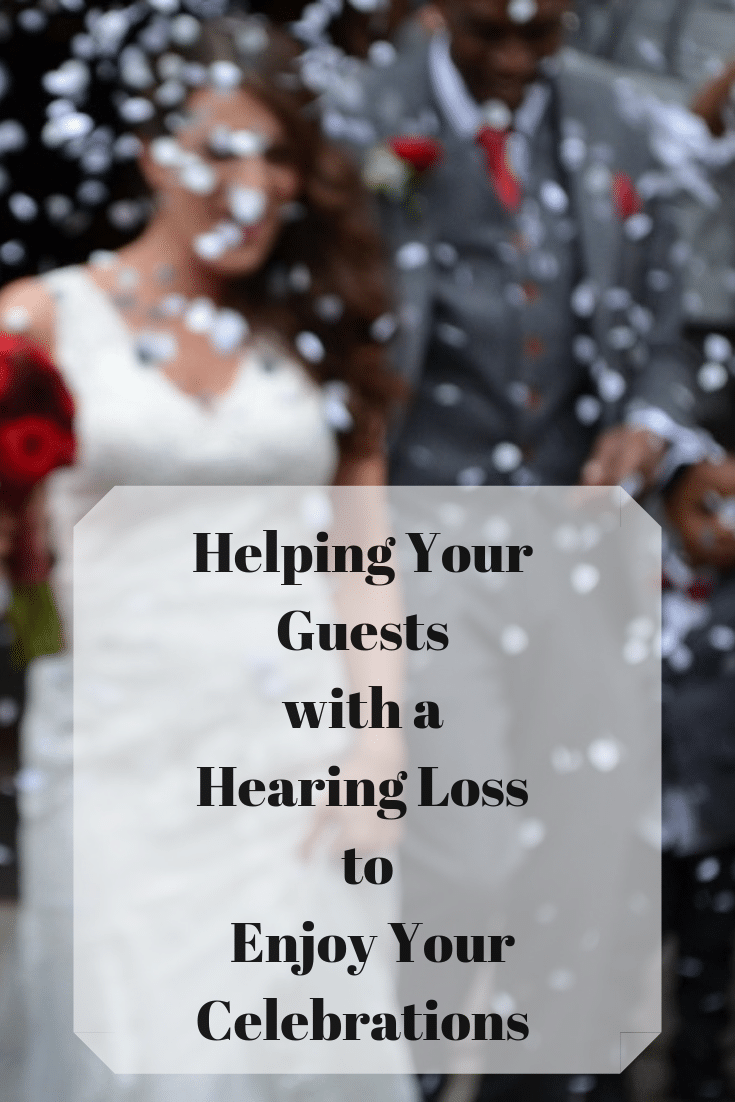
If you enjoyed this blog then hop over to the blog on things to do during your wedding planning journey. Wedding Planning Timeline 12-18 Months +
